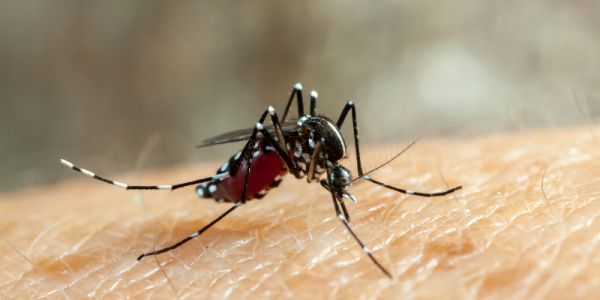
Extended drug treatment for life threatening infections
Hospital patients who develop infections where 10% of sufferers die will be offered double the traditional course of antibiotics in a new trial.

Hospital patients who develop infections where 10% of sufferers die will be offered double the traditional course of antibiotics in a new trial.

A major drive to improve the life chances of children from the Bradford district has been formally launched.

People are becoming “disconnected from the botanical world” at a time when plants could help solve global environmental problems, warn a group of research scientists.

New research shows that the UK can dramatically reduce its energy demand to meet net zero emissions targets by 2050 without negatively impacting quality of life.

A Government task force set up to find new ways to contain outbreaks of bird flu will feature expertise from the University.

Urgent action is needed to clear the backlog of people with a common heart condition waiting for life-saving treatment, according to new research.

Two Leeds researchers have received prestigious fellowships aimed at tackling major global challenges.

Global mismanagement of phosphorus is threatening food security and polluting water, according to a new report into the use of the finite nutrient.

A molecule in mosquito saliva has been identified as a potential target for vaccination against a range of diseases for which there is no protection or medicine.

A fanfare performed by the Black Dyke Band has marked the official opening of the Sir William Henry Bragg building, a hub for physical sciences and engineering teaching and research at the University.